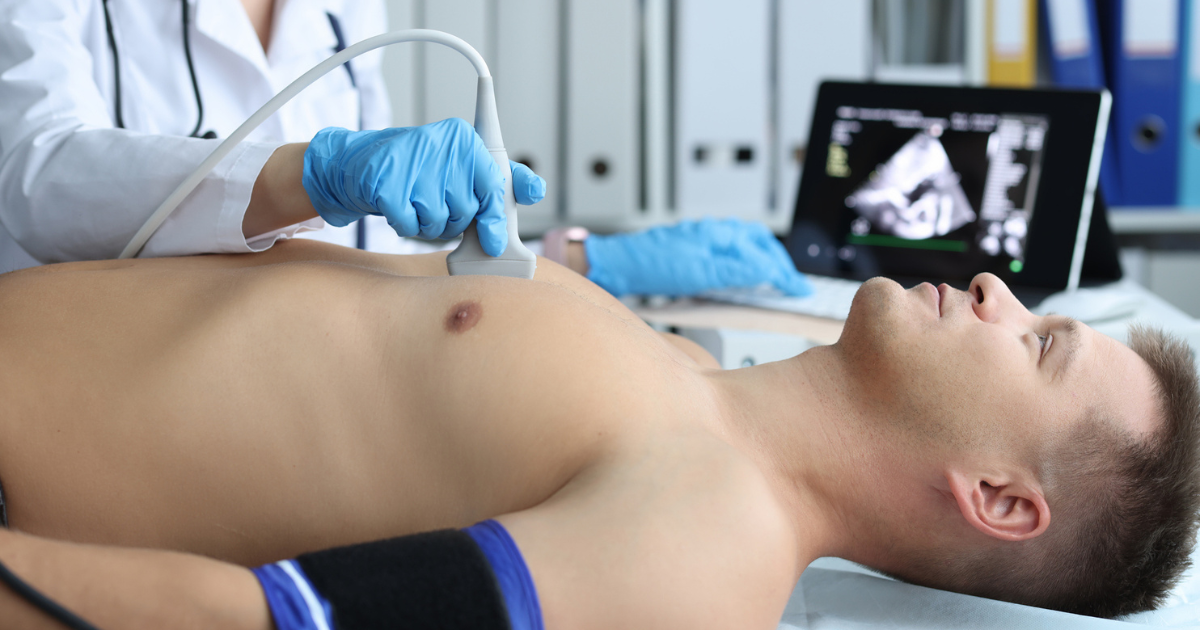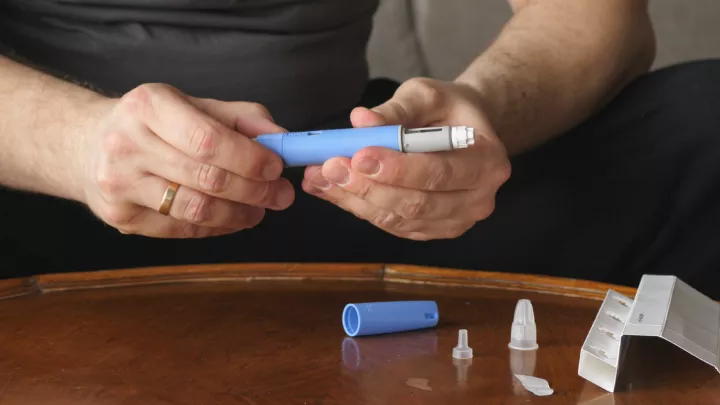New device for left-sided heart procedures could be safer and more cost-effective

Nearly 6 million people are affected by atrial fibrillation, or AFib, the most common cardiac arrhythmia. AFib is an irregular, often rapid heart rhythm (arrhythmia). Having AFib increases the risk of developing clots inside the heart, which can cause a stroke.
“People with AFib are five times more likely to have a stroke than the general population,” says Nebraska Medicine electrophysiologist Jason Payne, MD.
Ablation is now a standard procedure in the treatment of AFib. Atrial fibrillation ablation requires that doctors gain access to a patient’s left atrium. There is no direct way to access the left atrium from a vein or an artery; this requires puncturing the septum between the atria (transseptal puncture). Typically, this multistep process involves using a long needle via a transseptal sheath to puncture the atrial septum, which is eventually exchanged for an ablation sheath.
“It’s critical to have safe and effective tools to access both sides of the heart during ablation procedures,” says Dr. Payne.
The AcQCross™ Qx Integrated Transseptal Dilator/Needle is the first and only system engineered with an integrated needle and dilator that makes left atrial procedures more efficient while maintaining safety – and it’s utilized at Nebraska Medical Center with cryoballoon ablation for AFib.
Additional benefits of AcQCross:
• It requires nearly half the time to perform a transseptal access procedure compared to traditional solutions
• Its use potentially improves safety and decreases costs for patients and providers due to fewer steps, increased efficiency and a single sheath and wire
“We’re constantly looking for ways to increase efficiency and decrease costs without impacting safety and outcomes,” says Dr. Payne. “We want to improve community access to this crucial procedure by building efficiency rather than reducing other services. AcQCross is a simple addition that allows this procedure to be done more efficiently. And we’re thrilled to bring it to our community.”
Have AFib?
Call us at 800.922.0000 to schedule an appointment with a cardiologist.





